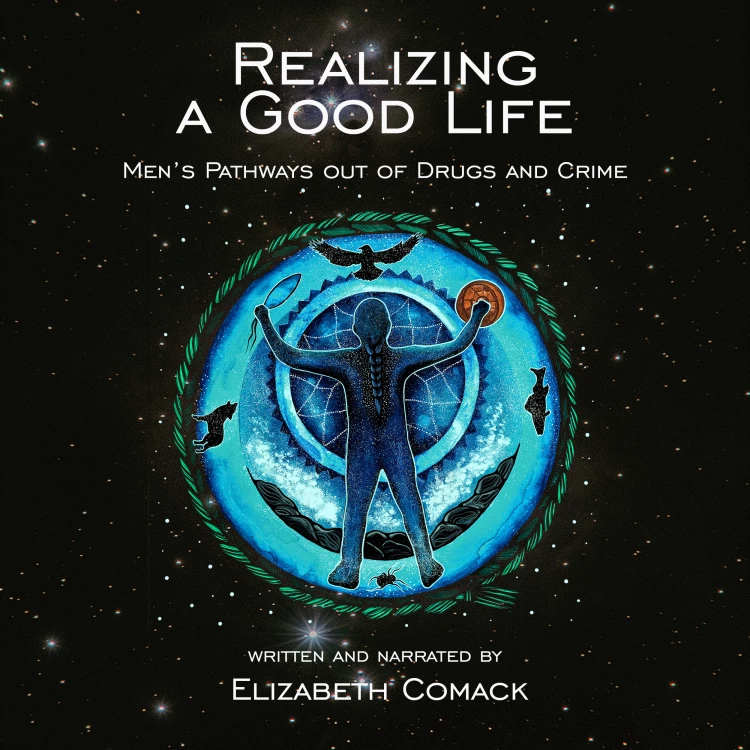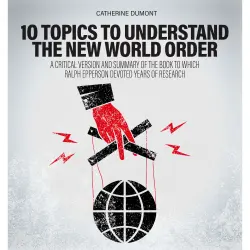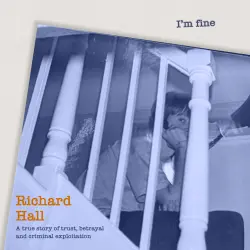
Realizing a Good Life - Men's Pathways out of Drugs and Crime
Elizabeth Comack
Unabridged
9 uur 8 minuten
Opmerking: Er kunnen kosten verbonden zijn aan het afspelen van de audioboeken of hoorspelen op de respectievelijke platforms, bijv. Spotify. Lismio heeft geen invloed op welke luisterboeken en hoorspelen beschikbaar zijn op de service.
Sommige artikelen bevatten affiliate links (gemarkeerd met een sterretje *). Als je op deze links klikt en producten koopt, ontvangen we een kleine commissie zonder extra kosten voor jou. Uw steun helpt ons deze site draaiende te houden en nuttige inhoud te blijven maken. Hartelijk dank voor uw steun!
Van de uitgever
Realizing a good life is almost always defined in material terms, typified by individuals (usually men) who have considerable wealth. But classed, gendered and racialized social supports enable the "self-made man." Instead, this book turns to Indigenous knowledge about realizing a good life to explore how marginalized men endeavour to overcome systemic inequalities in their efforts to achieve wholeness, balance, connection, harmony and healing.
Twenty-three men, most of whom are Indigenous, share their stories of this journey. For most, the pathway started in challenging circumstances - intergenerational trauma, disrupted families and child welfare interventions, racism and bullying, and physical and sexual abuse. Most coped with the pain through drugging and drinking or joining a street gang, setting many on a trajectory to jail. Caught in the criminal justice net, realizing a good life was even more daunting as their identities and life chances became barriers.
Some of the men, however, have made great strides to realize a good life. They tell us how they got out of "the problem," with insights on how to maintain sobriety, navigate systemic barriers, and forge connections and circles of support. Ultimately, it comes down to social supports - and caring. As one man put it, change happened when he "had to care for somebody else" in a way he wanted to be cared for.
Twenty-three men, most of whom are Indigenous, share their stories of this journey. For most, the pathway started in challenging circumstances - intergenerational trauma, disrupted families and child welfare interventions, racism and bullying, and physical and sexual abuse. Most coped with the pain through drugging and drinking or joining a street gang, setting many on a trajectory to jail. Caught in the criminal justice net, realizing a good life was even more daunting as their identities and life chances became barriers.
Some of the men, however, have made great strides to realize a good life. They tell us how they got out of "the problem," with insights on how to maintain sobriety, navigate systemic barriers, and forge connections and circles of support. Ultimately, it comes down to social supports - and caring. As one man put it, change happened when he "had to care for somebody else" in a way he wanted to be cared for.



















